Web Accessibility Importance
Web Accessibility Importance


Importance and rights
Developers Plus is an international company specialized in Information Technology. We have a clear vision, deep belief in the role of IT, and creative team that aspires to change and to develop the world to the better. Developers was launched in 2008 in to achieve a quantum leap in all IT fields. Spreading wide, we currently have partners in the most areas of the Arab nation. Customer satisfaction is the base of the company's success as it is the most success part we focus on
The company is interested in finding integrated solutions serve the customer requirements in the field of programming and development by the most skilled developers, as well as to provide Web services and programming locally and internationally at a high-level of competence, then the company's business has evolved and expanded its services and it has become the main partner of many organizations, and global companies in the field of information technology, we have the ability and experience to execute integrated solutions and technical projects on high-level of quality in line with the needs of the institutions operating in various sectors to contribute to access the advanced level of success and so harnessing the practical experience and art that are the result of long years of work on strategic projects.
The Web is an increasingly important resource in many aspects of life: government information and services, education and training, commerce, news, workplace interaction, civic participation, health care, recreation, entertainment, and more. In some cases, the Web is replacing traditional resources.
Therefore, it is essential that the Web be accessible in order to provide equal access and equal opportunity to people with diverse abilities. Access to information and communications technologies, including the Web, is defined as a basic human right in the United Nations Convention on the Rights of Persons with Disabilities.
In some cases, the Web allows people with disabilities to do things that were nearly impossible without it. With accessible websites, people with disabilities can do ordinary things :
- children can play
- teenagers can flirt
- students can learn
- adults can make a living
- seniors can read about their grandchildren
- and more
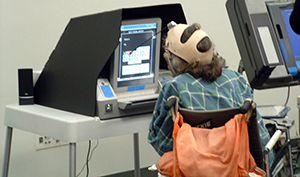
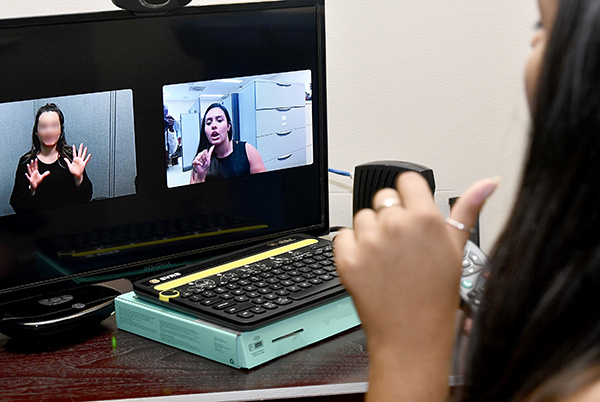
When the Web is accessible, people with disabilities can do more themselves, without having to rely on others. For example::
- People with quadriplegia who cannot move their arms or legs can shop online to get groceries, gadgets, and gifts delivered.
- People with cognitive and learning disabilities can get adapted versions of information that they can better understand.
- People who are blind can read the newspaper (through screen readers that read aloud text from the computer), and so can people with cognitive disabilities who have trouble processing written information.
- People who are deaf can get up-to-the-minute news that was previously available only to those who could hear radio or TV, and so can people who are blind and deaf (through dynamic Braille displays).
- People who cannot speak can participate in online discussions, such as through blog comments.
Accessibility and older people
There are numerous instances of an overlap between the needs of people with disability and people who are older .
For instance, people who are older are often found to have issues affecting their vision. While many people are born with or develop vision decline over their lifetime, it becomes more common for older users whose eyesight deteriorates as they age .
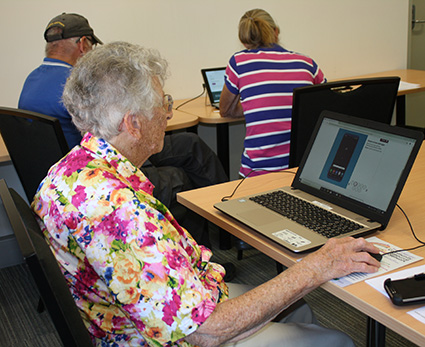
Overlap between the needs of seniors and users with disabilities
Many older people have age-related impairments that can affect how they use the web, such as declining:
- Vision —including reduced contrast sensitivity, color perception, and near-focus, making it difficult to read web pages ;
- physical ability — including reduced dexterity and fine motor control, making it difficult to use a mouse and click small targets;
- hearing — including difficulty hearing higher-pitched sounds and separating sounds, making it difficult to hear podcasts and other audio, especially when there is background music; and
- cognitive ability —including reduced short-term memory, difficulty concentrating, and being easily distracted, making it difficult to follow navigation and complete online tasks .
These aspects overlap with the accessibility needs of people with disabilities. So, websites, applications, and tools that are accessible to people with disabilities are also more accessible to older users as well.
However, this possibility is not reality throughout the Web. The problem is that many websites have accessibility barriers that make it difficult or impossible for some people with disabilities to use them. And many web software tools are not sufficiently accessible to people with disabilities, making it difficult or impossible for them to contribute to the Web. This is a very big deal. Many millions of people have disabilities that affect their use of the Web.
Web accessibility is about removing those barriers so that people with disabilities can use and contribute to the Web.
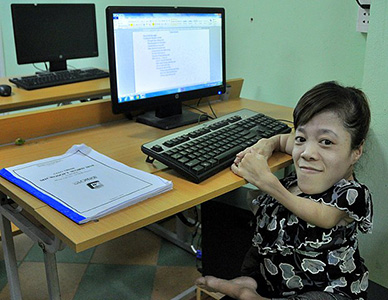
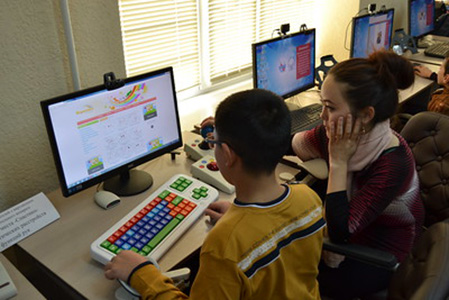
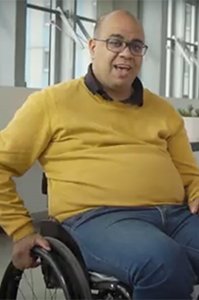

Photosofpeoplewithdisabilities)